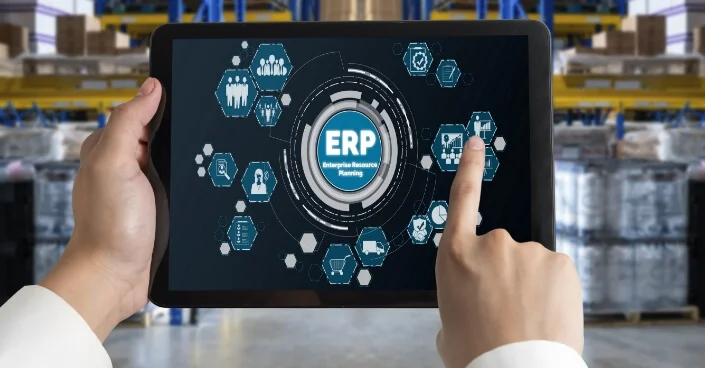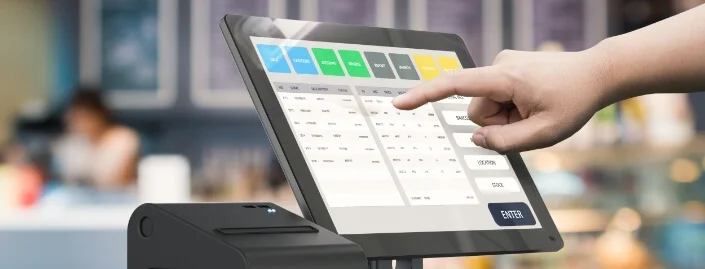Supply Chain Management
ERP systems can assist organizations in more effectively managing their supply
chain by tracking inventory levels, managing vendor relationships, and planning production
schedules. ERP systems also can aid in maximizing the efficiency of production and the
reduction in costs, resulting in increased profitability. ERP systems are excellent tools
that can assist organizations in effectively managing their inventory by tracking inventory
levels, managing vendor relationships, and planning production schedules.










